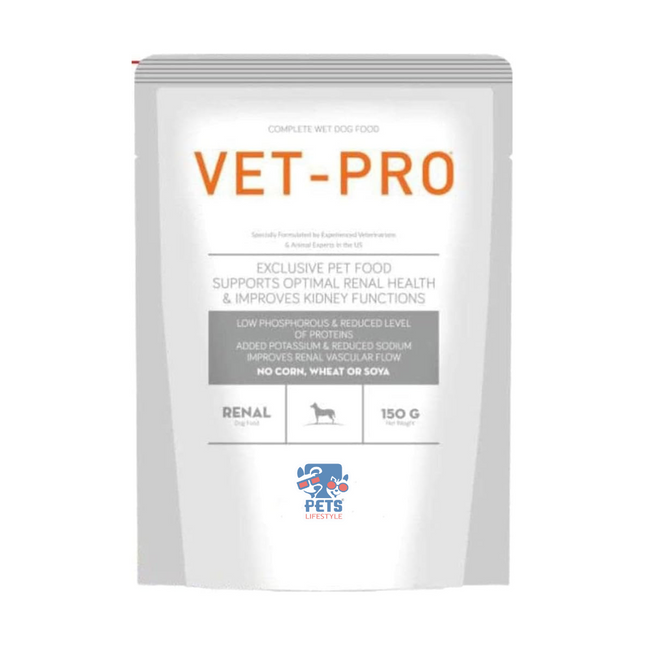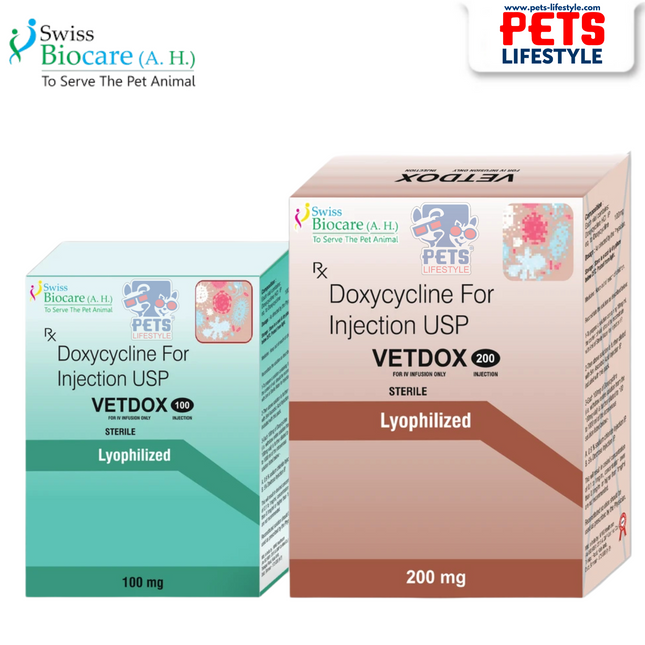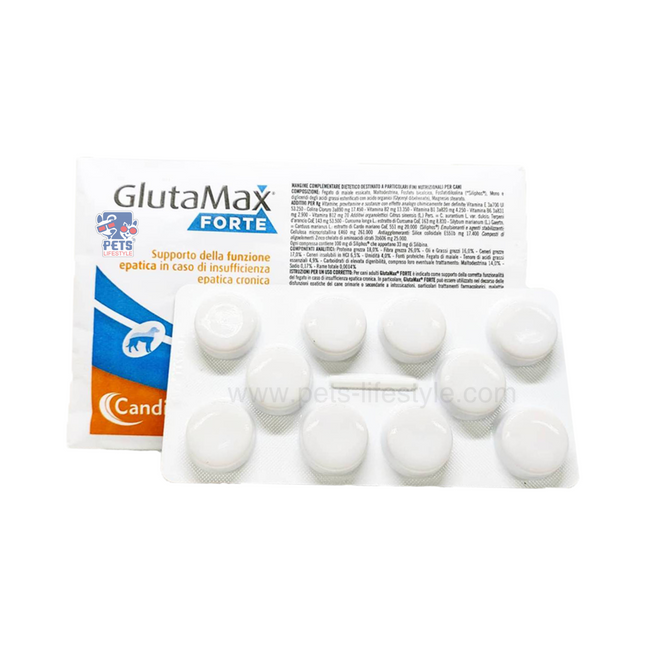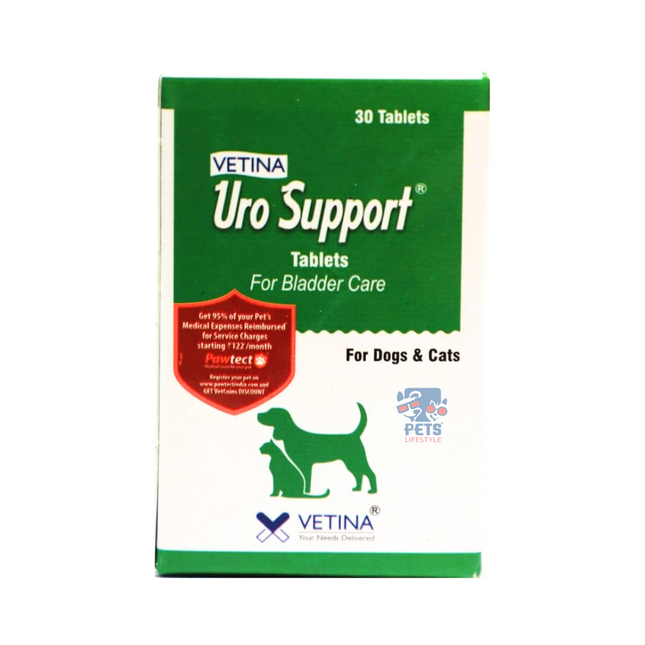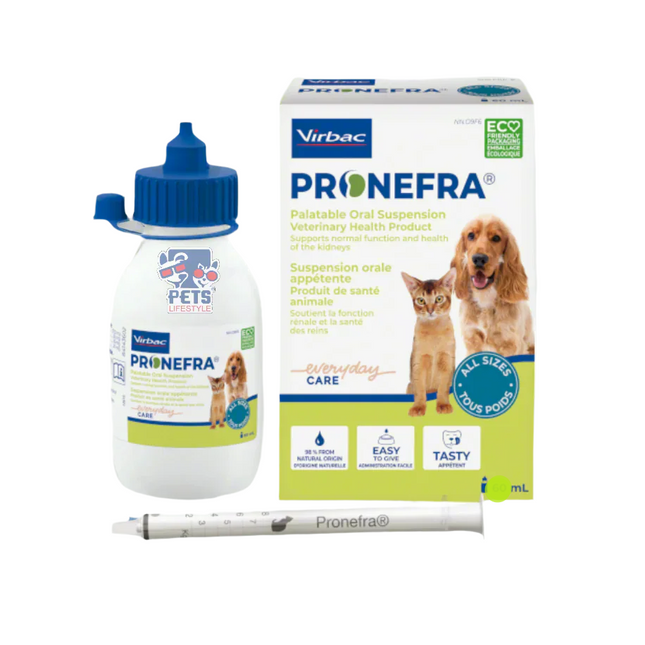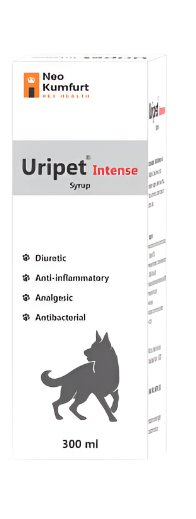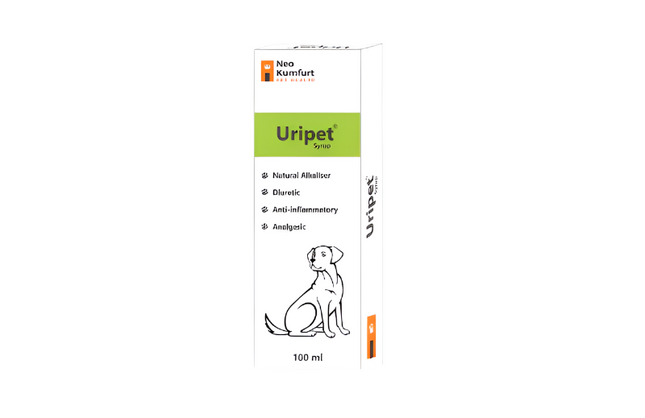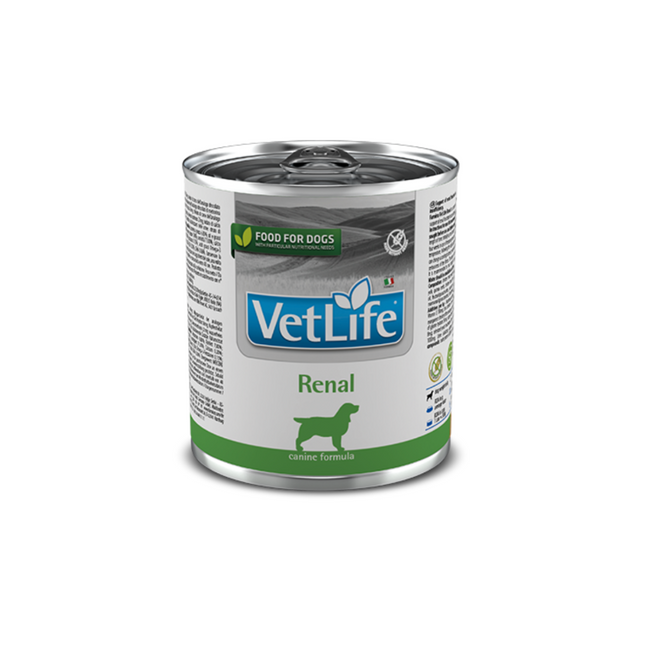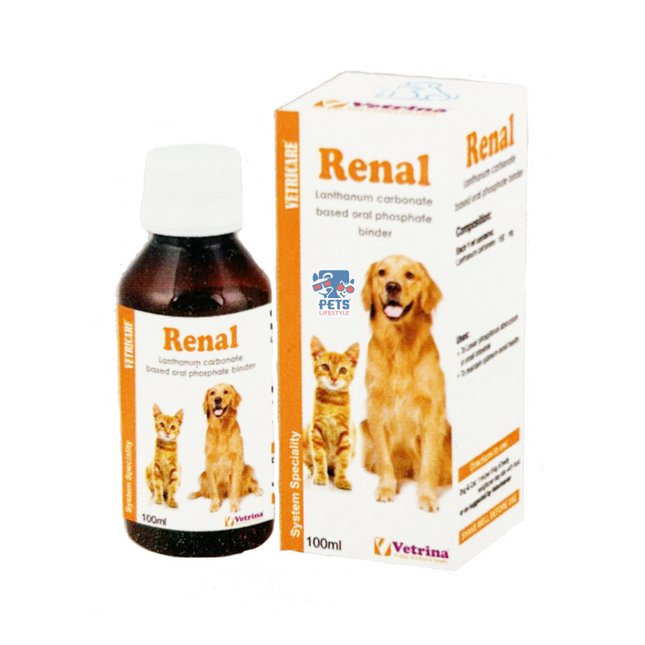Renal Care Therapies for Dogs: A Comprehensive Guide
Renal care is crucial for maintaining the health and well-being of our furry companions, especially when they suffer from kidney-related issues. Dogs, like humans, can experience kidney problems that require specialized care and treatment. In this guide, we will explore various renal care therapies designed specifically for dogs, focusing on dietary management, medication, and supportive care.
Dietary Management:
Diet plays a critical role in managing renal issues in dogs. A veterinarian may recommend a special renal diet that is low in protein, phosphorus, and sodium but high in quality protein to reduce the workload on the kidneys. These specialized diets help slow the progression of kidney disease and minimize its symptoms. It's essential to strictly adhere to the prescribed diet and avoid feeding your dog any table scraps or treats that could exacerbate their condition.
Medication:
Medication is often a vital component of renal care therapies for dogs. Depending on the specific diagnosis and severity of the kidney disease, your veterinarian may prescribe medications to manage symptoms such as high blood pressure, proteinuria, or anemia. Common medications used in renal care for dogs include ACE inhibitors, phosphate binders, erythropoietin-stimulating agents, and potassium supplements. It's crucial to follow your vet's instructions regarding medication dosage and administration to ensure your dog's safety and well-being.
Supportive Care:
In addition to dietary management and medication, supportive care plays a crucial role in maintaining the overall health and comfort of dogs with renal issues. This includes providing ample fresh water to prevent dehydration, monitoring your dog's urine output and appetite, and ensuring they get regular exercise appropriate for their condition. Regular veterinary check-ups are essential for monitoring the progression of kidney disease and adjusting treatment plans as necessary.
Conclusion:
Renal care therapies for dogs are multifaceted, involving dietary management, medication, and supportive care to improve their quality of life and slow the progression of kidney disease. As responsible pet owners, it's essential to work closely with your veterinarian to develop a comprehensive treatment plan tailored to your dog's specific needs. By following your vet's recommendations and providing attentive care, you can help your furry friend live a comfortable and fulfilling life despite their renal issues.


